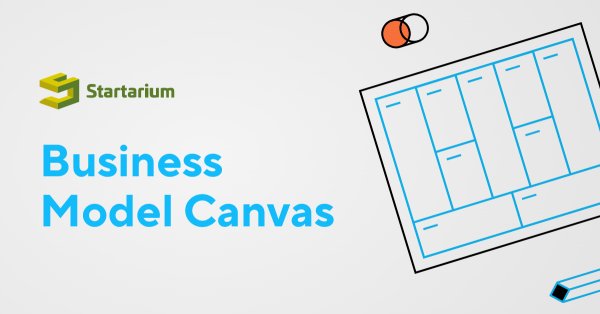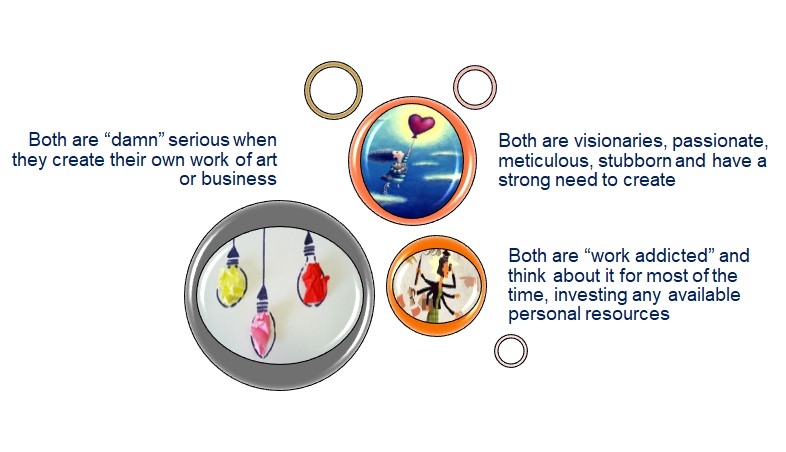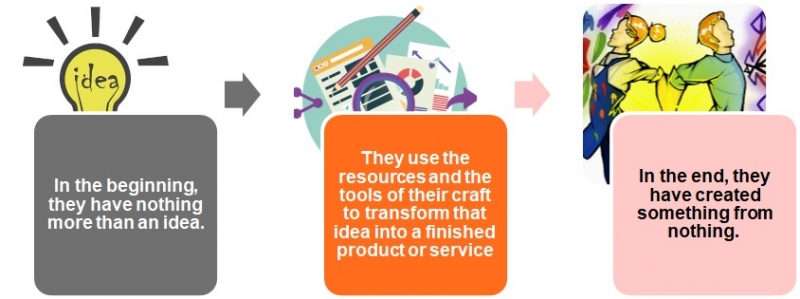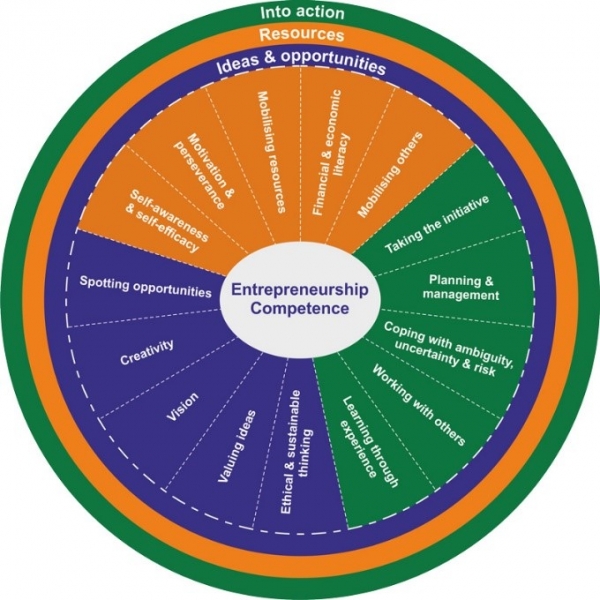Why is an entrepreneurial mindset an intrinsic characteristic of successful creative entrepreneurs?

People generally think that art and business are worlds apart. So, is it true that arts and entrepreneurship are two parallel worlds? Or are they one unique diversified universe instead?
Well, surely we know that:
Both artists and creatives on one hand and entrepreneurs on the other have to make the intangible tangible.
The abilities creatives and entrepreneurs can teach each other
This also means that both have peculiar skills, competencies, and characteristics that they can learn and develop from each other. For instance, traditional entrepreneurs may need to improve their abilities to generate new ideas, evaluate them effectively and take action to turn them into new products and services. In turn, creatives and artists may need to improve their abilities to identify opportunities in the marketplace and use business skills to turn ideas into products into profits.
In 2018, the European Union defined the entrepreneurial mindset as the ability “to act upon opportunities and ideas and transform them into value for others. The value that is created can be financial, cultural, or social”. This assumption is the rationale of the Entrepreneurship Competence Framework (EntreComp), establishing the importance of entrepreneurship and initiative and showing how people and organizations can develop this competence to tackle economic, social, and cultural challenges.
Entrepreneurship is a competence for life. Being creative or thinking about how to do things in new ways is equally relevant to progressing your career or coming up with new business ideas.
Taking the initiative, mobilizing others, and getting them on board with your idea are useful skills when fundraising for your local sports team, or establishing a new social enterprise. Understanding how to put a plan into action and use finances wisely is relevant for your own life and for business planning in a small or medium-sized company (SME).
For this reason, the EntreComp framework can be used as a basis for developing a curriculum and learning activities fostering entrepreneurship as a competence. Also, it can be used for the definition of parameters to assess learners’ and citizens’ entrepreneurial competencies.
The EntreComp is made up of 3 competence areas: Ideas & Opportunities, Resources, and Into Action.
Each area contains 5 competencies, and together these make up the 15 competencies that individuals use to discover and act upon opportunities and ideas.
EntreComp is a free, flexible reference framework that can be adapted to support the development and understanding of entrepreneurial competence in any setting.
EntreComp has the potential to be used in a variety of ways including:
- supporting policy and practice to develop entrepreneurial skills
- assessing entrepreneurial skills
- supporting the training of educators, trainers, and teachers so that they are able to deliver entrepreneurial skills
- to design programs and learning opportunities
- to recognize and certify skills
EntreComp can be used across sectors and be a key support for collaboration and development work by educators, trainers, employers, professional bodies, and policy-makers. (The European Entrepreneurship Competence Framework - EntreComp)


























